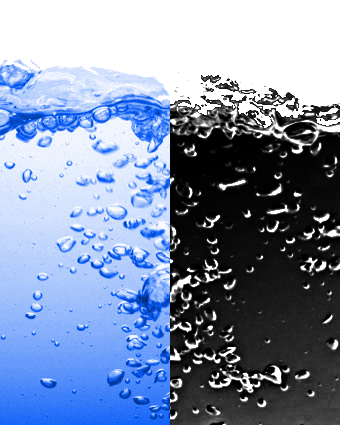Membrane removes barrier to health
 Australian researchers have developed an exciting new membrane that can clean water in a much more energy efficient manner.
Australian researchers have developed an exciting new membrane that can clean water in a much more energy efficient manner.
The new membranes - sometimes called ‘micro-filters’ - will supply clean water for use in desalination and water purification applications.
They are made using an advanced layer-by-layer polymer assembly technique, which was the result of a major collaborative project between the University of Melbourne and CSIRO.
The project was launched in order to find a way to add chlorinating agents to water to prevent biological growth in the desalination process.
“Such biofouling has been a major issue to date, but the new membranes have the potential to lead to a more economic desalination operation,” said Sandra Kentish, Professor of Chemical and Biomolecular Engineering at the University of Melbourne.
The availability of fresh water for drinking, irrigation and industrial use is one of the big challenges of this century.
Energy-efficient water purification has the potential to improve the lives of billions of people around the world.
“The new membranes perform at a comparable level to existing commercial membranes used in these applications, but importantly show greater resistance to attack by chlorine containing chemicals,” Professor Kentish said.
“The chlorine resistant membrane materials can cut out additional processing steps reducing operating costs.
“They can also prevent the decrease in water flow that is currently observed with time due to biological fouling” she said.







 Print
Print